Despite ending rather abruptly, this is a generally intriguing fictional retelling of Mussolini’s private life and affair with the ill-fated Ida Dalser.

REVIEW #520
Dir. Marco Bellocchio
2009 | Italy | Biography/Drama/Romance | 128 mins | 1.85:1 | Italian & German
R21 (passed clean) for strong sexuality and nudity
Cast: Giovanna Mezzogiorno, Filippo Timi, Fausto Russo
Plot: The story of Mussolini’s secret lover, Ida Dalser, and their son Albino
Awards: Nom. for Palme d’Or (Cannes)
International Sales: Celluloid Dreams
Accessibility Index
Subject Matter: Moderate – Politics, History
Narrative Style: Slightly Complex
Pace: Slightly Slow
Audience Type: Slightly Arthouse
Viewed: The Cathay – Italian Film Festival
First Published: 30 May 2010
Spoilers: Mild
In competition for 2009’s Palme d’Or, Vincere is a new film by Marco Bellocchio. It is set in the early 20th century in Italy, during a dangerous time of oppression and political revolution, which cumulated in the evil that was fascism.
The story is not about the horrors of fascism per se or how it rose to become an ideology matched in its ghastliness only by Nazism, but of its dictator Benito Mussolini and his private life.
Vincere tells the true story of Mussolini (Filippo Timi) and Ida Dalser (Giovana Mezzogiorno), his secret lover whom he had a passionate but somewhat sordid affair with.
In the film, Dalser gives birth to a son who is taken away from her. She is also sent to a mental institution for claiming that she is the “rightful wife” of Mussolini; the latter is married and denies the affair with Dalser.
Much of Vincere revolves around Dalser, whom is portrayed as a sympathetic figure, a person who loved and trusted Mussolini with all her heart, but ended up suffering the ignominy of being a “prisoner of a vile dictator”.
Mezzogiorno’s performance is noteworthy. She switches effortlessly from a seductive woman who oozes sexual allure (she appears completely nude in a number of shots) to a frustrated person devoid of the freedom to pursue personal justice.
Timi also plays Mussolini with a fierce affection. But he fizzles out in the second half of the picture after Bellocchio rightly gives more screen time to Mezzogiorno.
“With the guts of the last pope, we’ll strangle the last king!”
Even though the core of Vincere rests upon the relationship (or lack of) between Mussolini and Dalser, the political themes of the film remain in the consciousness of the viewer throughout.
Bellocchio inserts old black-and-white footages of history into the film, drawing our attention to the fervent and violent political and nationalistic attitudes of that era.
The shouts of “Italia! Italia!” and the real Mussolini giving a powerful speech about war are, at the very least, disquieting. Matched with a loud, rousing score with lots of brass and choir, the film is quite strong in creating a mood of paranoia.
Vincere somewhat ends too quickly. Even for a film that is slightly longer than two hours, it seems like more exposition is warranted and would have been greeted more positively than not. Thus, the film feels incomplete but it is still a well-made film with its cinematography, in particular, an aspect to appreciate.
It may seem ironic but in Vincere’s most emotional sequence, Bellocchio uses clips from Chaplin’s The Kid (1921). In The Kid, Chaplin’s character is devastated when his young son is taken away from him by the state. Dalser, who watches the film in an open-air screening, draws strength from it in the hope that she will one day see her son again.
Bellocchio’s Vincere is a decent entry into the Palme d’Or selection, but it is by no means a stunning piece of cinema. The private story of Mussolini (or rather Dalser’s) is compelling enough to last the two hours, though it would have been better received with a more complete approach.
Grade: B
Trailer:
Music:












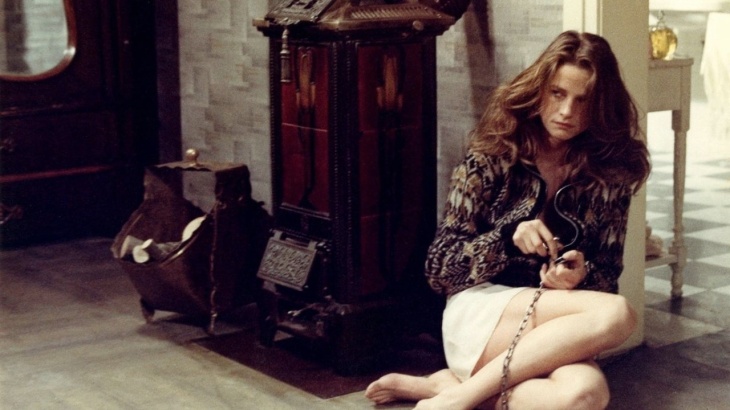

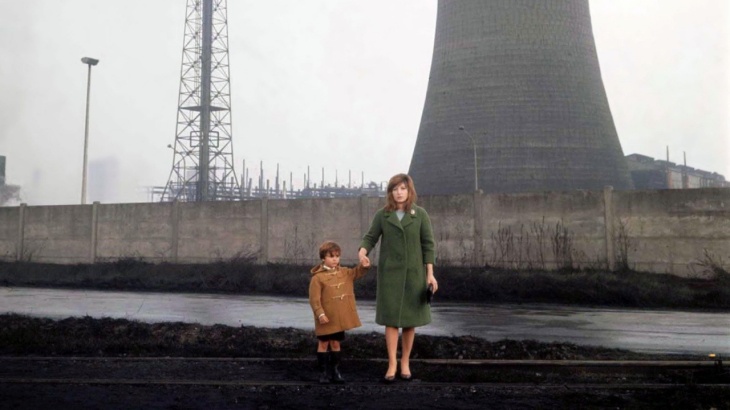


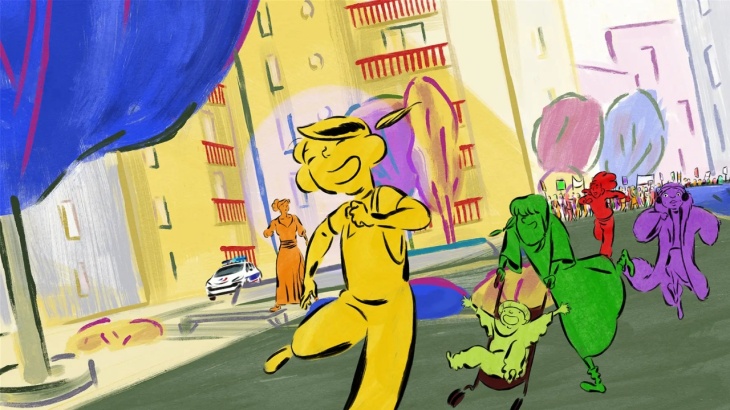



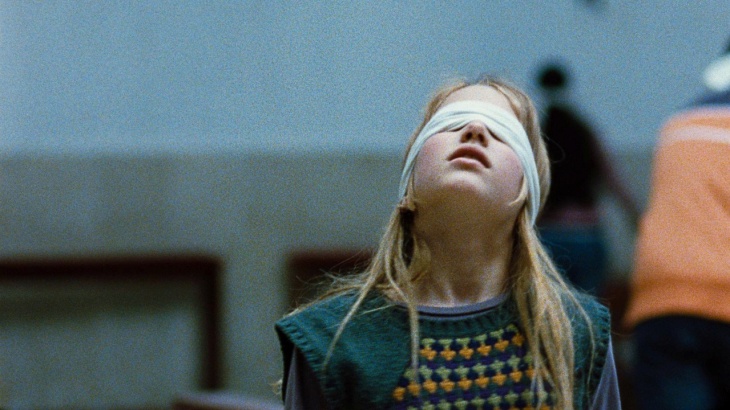
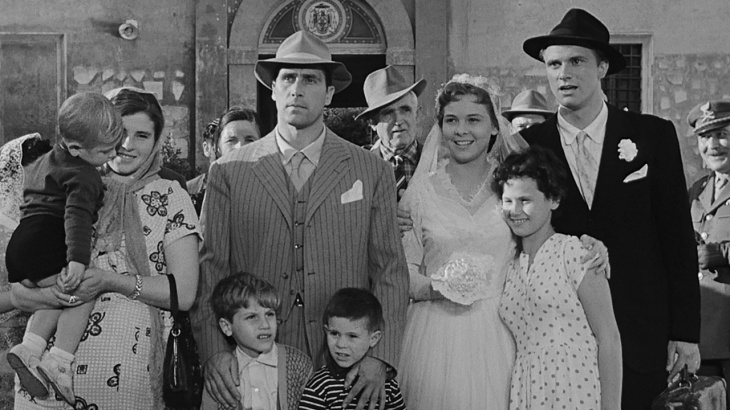

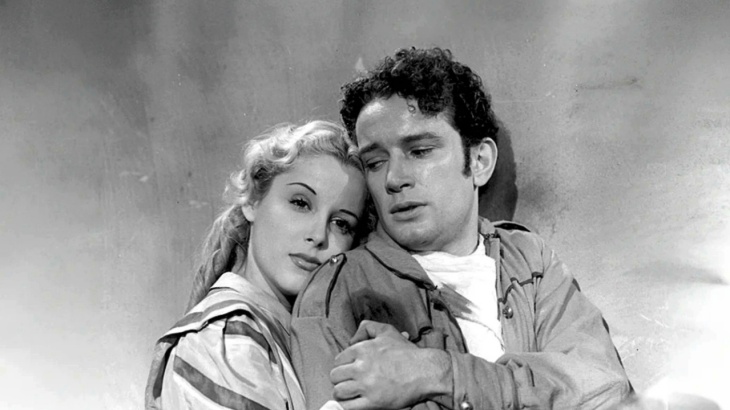

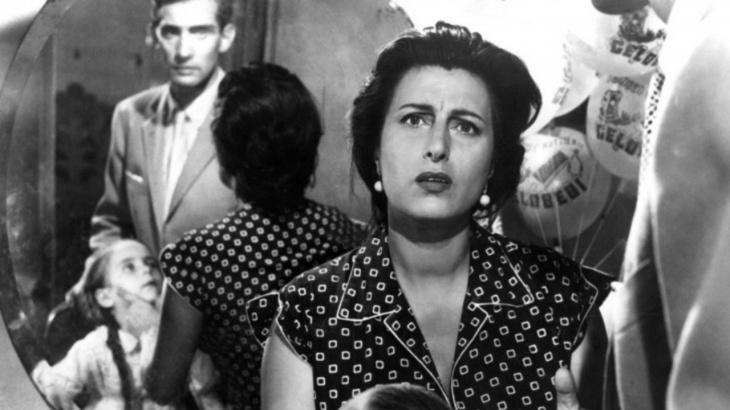
[…] Bellocchio, Marco […]
LikeLike